A clear, real‑world guide to understanding, evaluating, and creatively using the Polaroid 600 Extreme. Practical tips, second‑hand checks, and a friendly workflow that helps you make the most of instant film today.

Polaroid 600 Extreme at a glance
The Polaroid 600 Extreme is a late‑era Polaroid 600 camera designed to be rugged, simple, and travel‑friendly. It shoots Polaroid 600 integral film and uses the battery built into each pack, so there’s no separate charging routine. The flip‑up box design keeps it compact in a bag while delivering a tactile, analog shooting experience.
With fresh 600 film available and a strong creative community behind instant photography, this camera remains an easy, dependable route to tangible prints.
I once made a quick street portrait with the 600 Extreme, watched the image appear, and handed it to the person. The conversation shifted immediately—suddenly we were collaborators, both smiling at a one‑of‑a‑kind print that wouldn’t live on a screen.

Key specs and how it works
Film
Uses Polaroid 600 integral film (approx. ISO 640). Fresh packs are widely available in color, B&W, and seasonal editions.
Lens
Plastic, single‑element lens around a 116mm equivalent. It’s fixed focus and sharpest from roughly 1.2 m to infinity—ideal for portraits, scenes, and everyday moments.
Exposure and flash
Automatic exposure with an electronic flash that typically fires to stabilize exposure. The light/dark slider offers quick compensation—nudge toward dark in bright sun, or toward light in dimmer settings.
Power and form
No internal battery. The instant film camera 600 format draws power from the battery inside each 600 film pack. The camera body flips open to shoot and folds down neatly for transport.
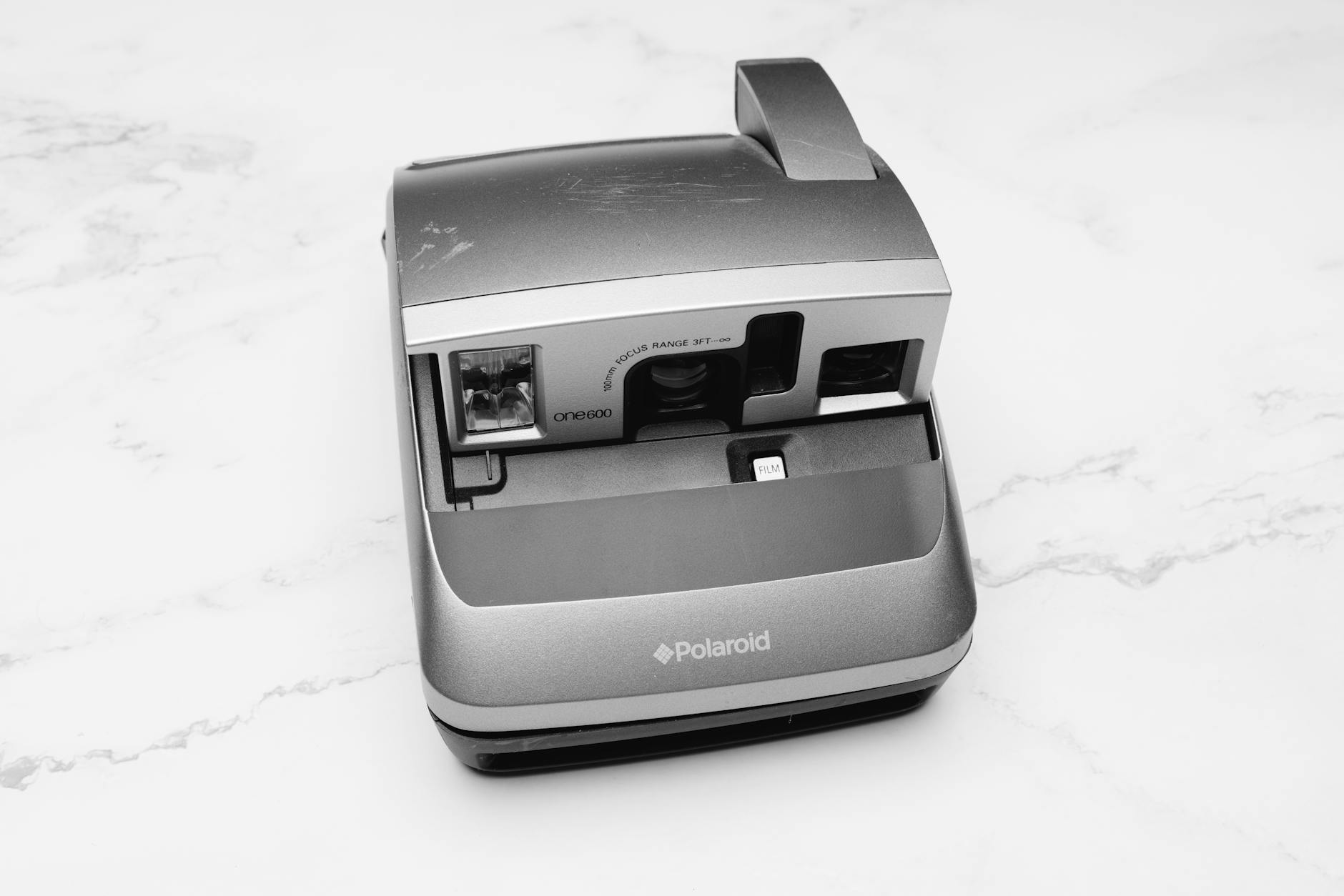
Why use it in 2025
The Polaroid 600 Extreme offers a tangible analog print that students, creators, and professionals can share on the spot. It’s wonderful for gifting at events, building mood boards on set, and making experimental art via collage, emulsion lifts, and mixed media. You get the iconic square instant format and a distinctive chemistry that rewards creative risk‑taking.
Creative ways to shoot
Street portraits
Break the ice by making a quick portrait and gifting the print. It’s a powerful way to build trust and spark a memorable exchange.
Visual journaling
Pair instant photos with handwritten notes or sketches. A small notebook with pockets turns your Polaroid 600 film camera into a living travel diary.
Experimental art
Explore texture, lift emulsions, or try artist editions of film for color shifts and layered effects.
On set
Use the Polaroid 600 Extreme camera for quick references—wardrobe, lighting, and mood boards benefit from immediate, tactile proofing.

Techniques and workflow tips
Hybrid workflow
Scan your Polaroids at high resolution to archive, make light edits, or sequence them for a project portfolio. For quick sharing, a phone scanning app works well; for exhibition prints, use a flatbed scanner and handle edges gently.
Flash control
To soften the electronic flash, diffuse it with a small layer of translucent tape or a DIY diffuser. For portraits, this helps avoid specular highlights and preserves texture.
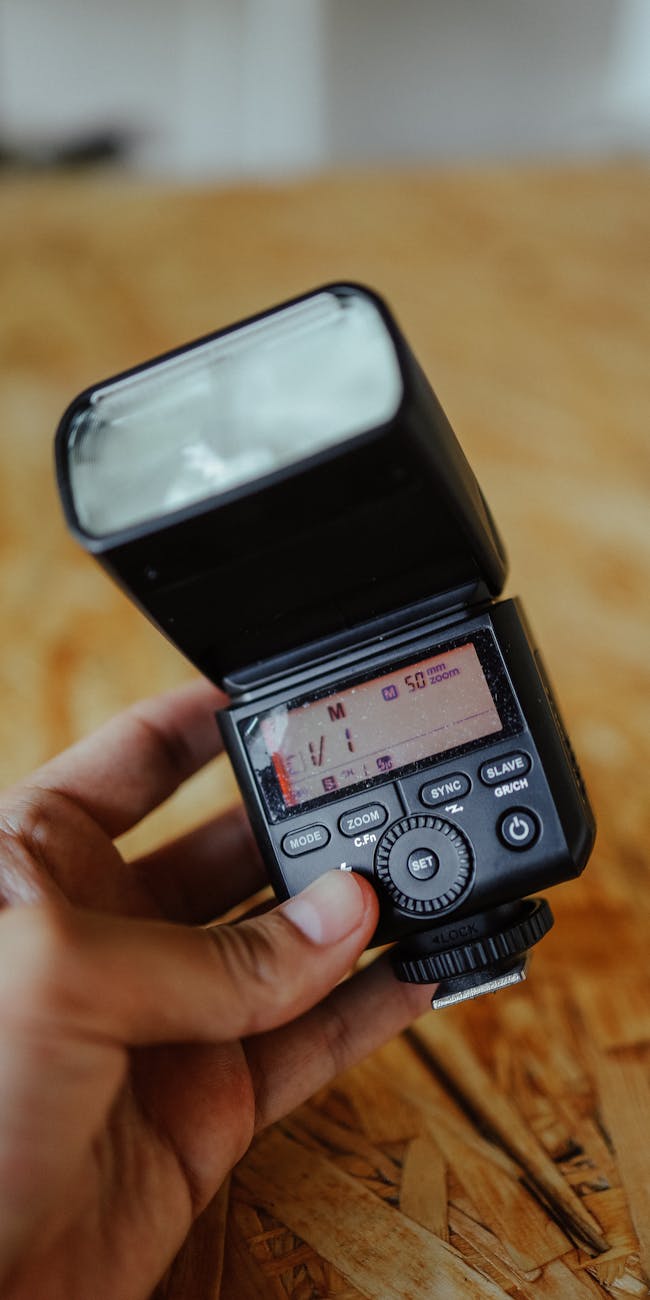
Color play
Place small gels over the flash to tint exposures—warm for cozy portraits, cool for night scenes, bold colors for graphic experiments.
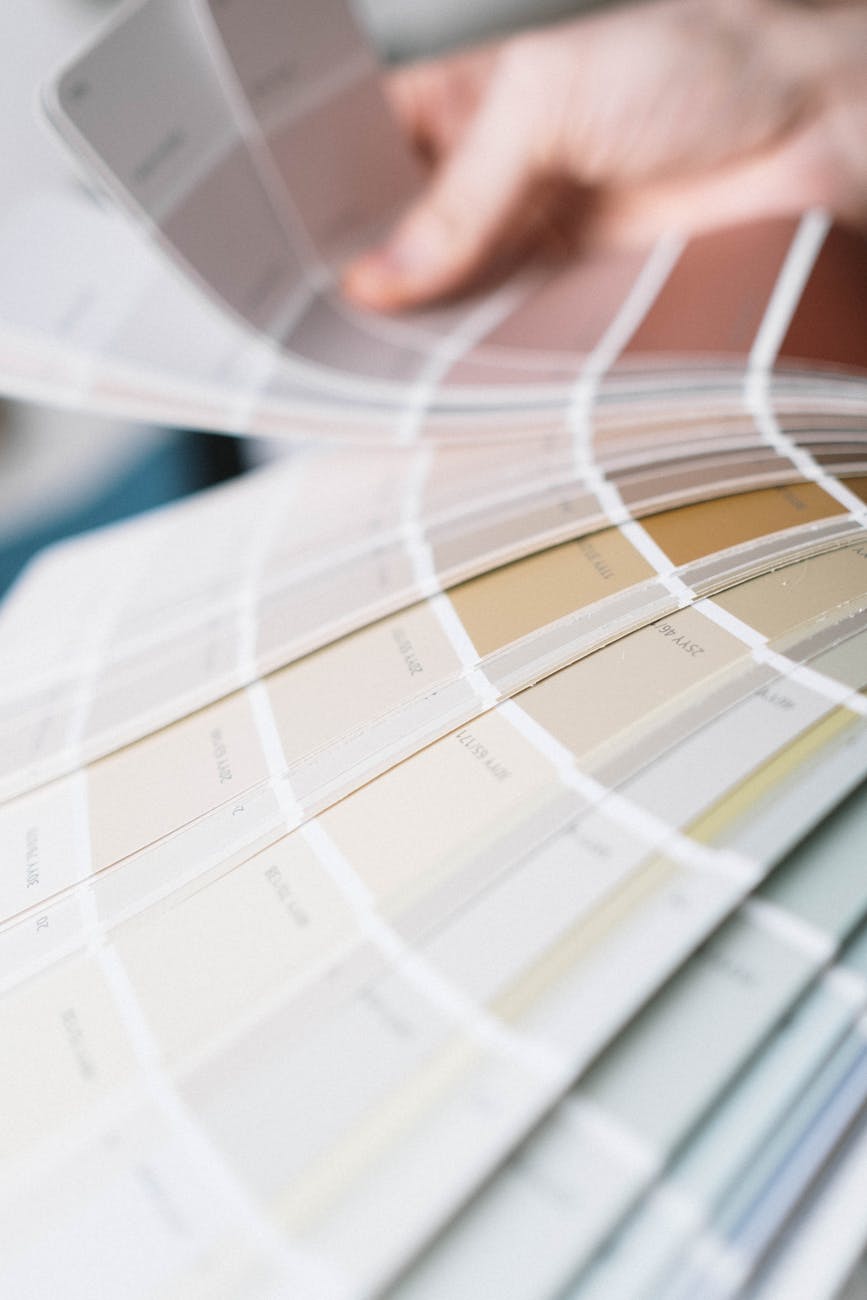
Display ideas
Grid installations of prints stay impactful and gallery‑friendly. Mix color and B&W, keep spacing consistent, and let the edges show.
Accessories and film options
- Film: fresh Polaroid 600 in color, B&W, duochrome, and special editions.
- Flash modifiers: small diffusers or DIY gels to soften and tint light.
- Carrying: a vintage 600 case or a modern padded pouch to protect the flip‑up body.
- Digitizing: flatbed scanners for archival quality or phone apps for quick social sharing.
Explore more instant gear in our Instant cameras collection and film‑friendly bodies in the Analog cameras collection.
Second‑hand buying checklist
The Polaroid 600 Extreme is simple and robust; most issues relate to flash, rollers, or doors. Always test with a fresh 600 film pack if possible.
- Rollers: clean, smooth, no gunk or corrosion.
- Flash: charges and fires reliably.
- Film door: hinges and latch intact; opens/closes securely.
- Viewfinder: clear, aligned, not fogged or cracked.
- Shutter: trips consistently; listen for normal operation.
- Body: folds and locks correctly; no major cracks.
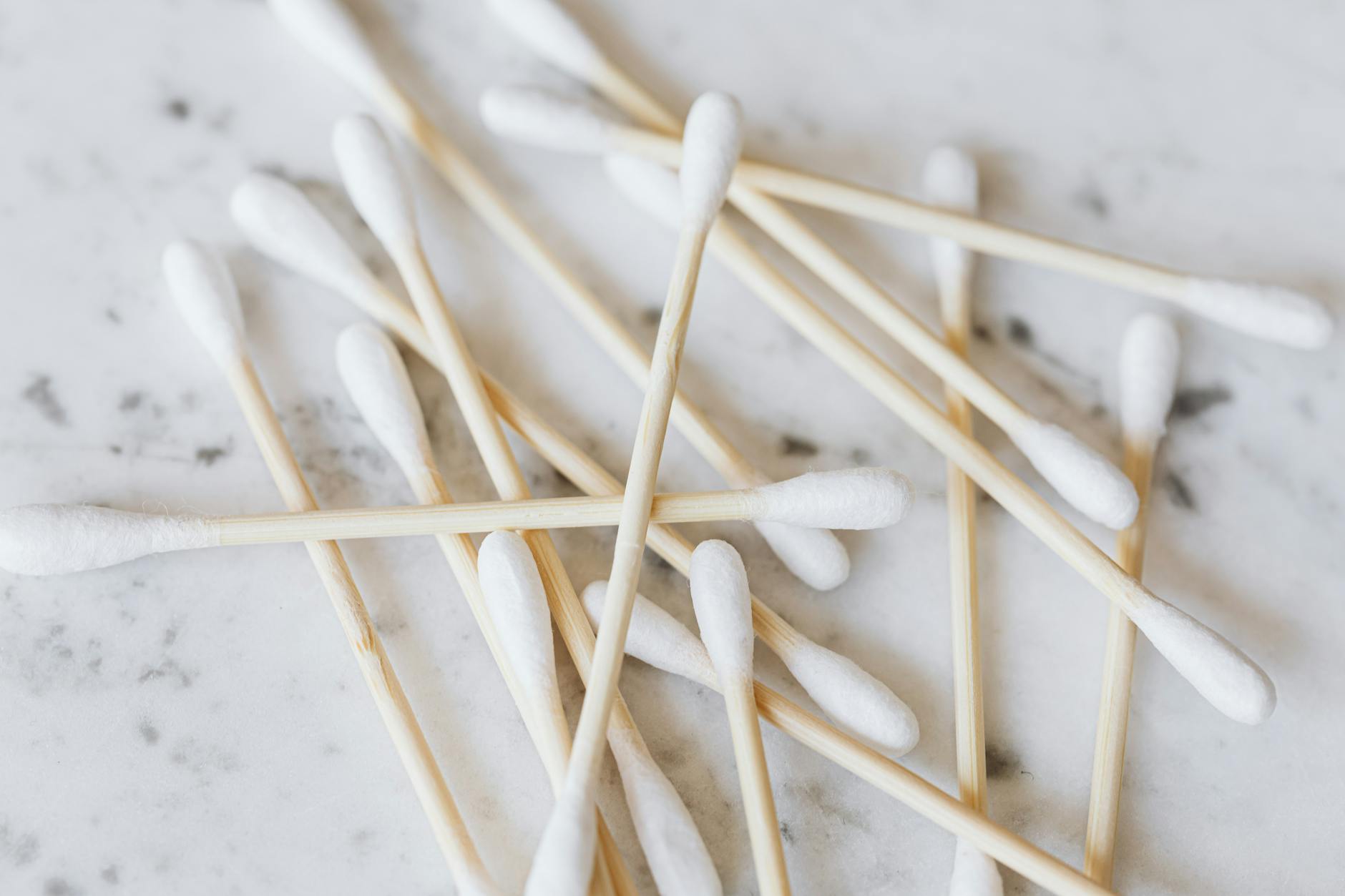
Price and value in 2025
Second‑hand, the Polaroid 600 Extreme is typically accessible. Plan a per‑shoot budget that accounts for film packs, and focus your sessions to make each frame intentional. The value here isn’t technical perfection; it’s immediacy, tangibility, and the creative character that only instant film delivers.
Is the Polaroid 600 Extreme right for you?
Choose the Polaroid 600 Extreme if you want instant prints with a classic look and a straightforward flow. It shines for on‑the‑spot gifting, events, art experiments, and on‑set mood‑board workflows. You’ll enjoy it most if you embrace its quirks, lean on the light/dark slider, and celebrate the experience as much as the result.




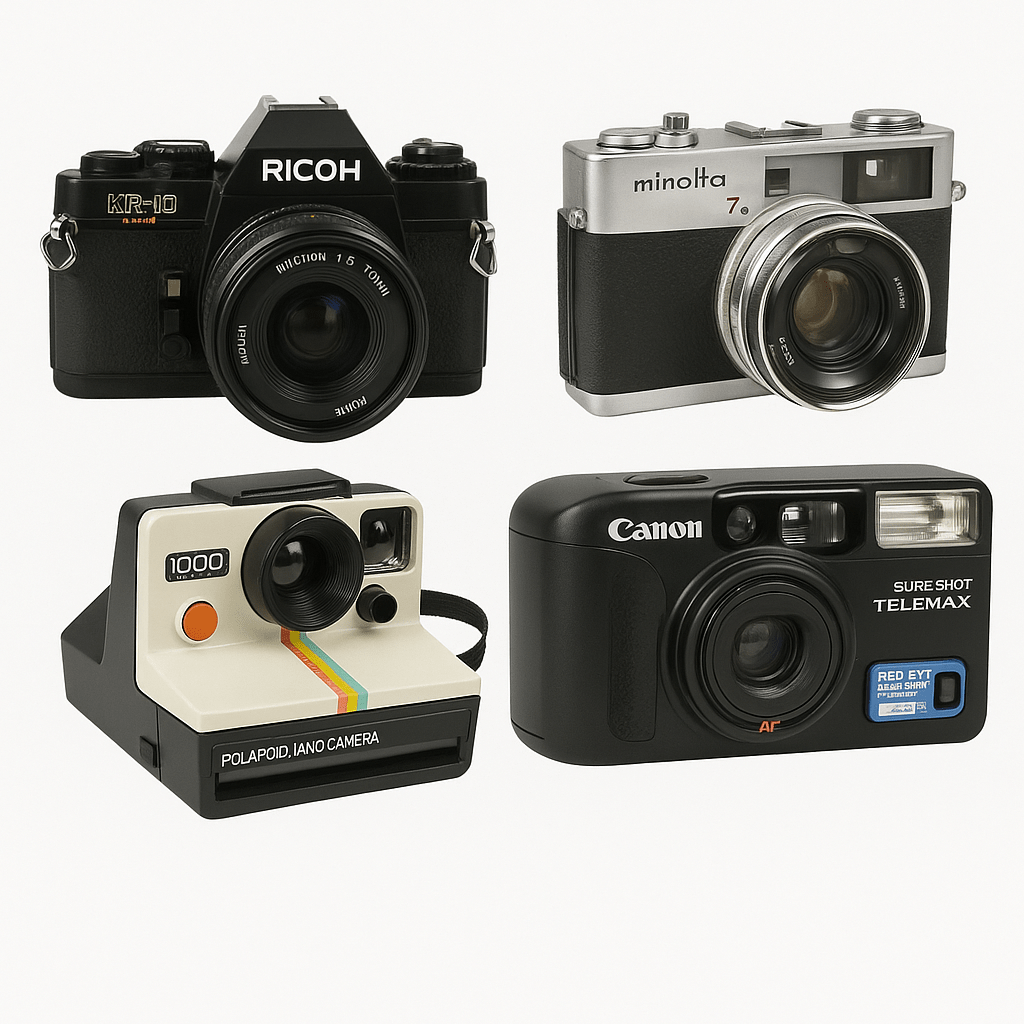
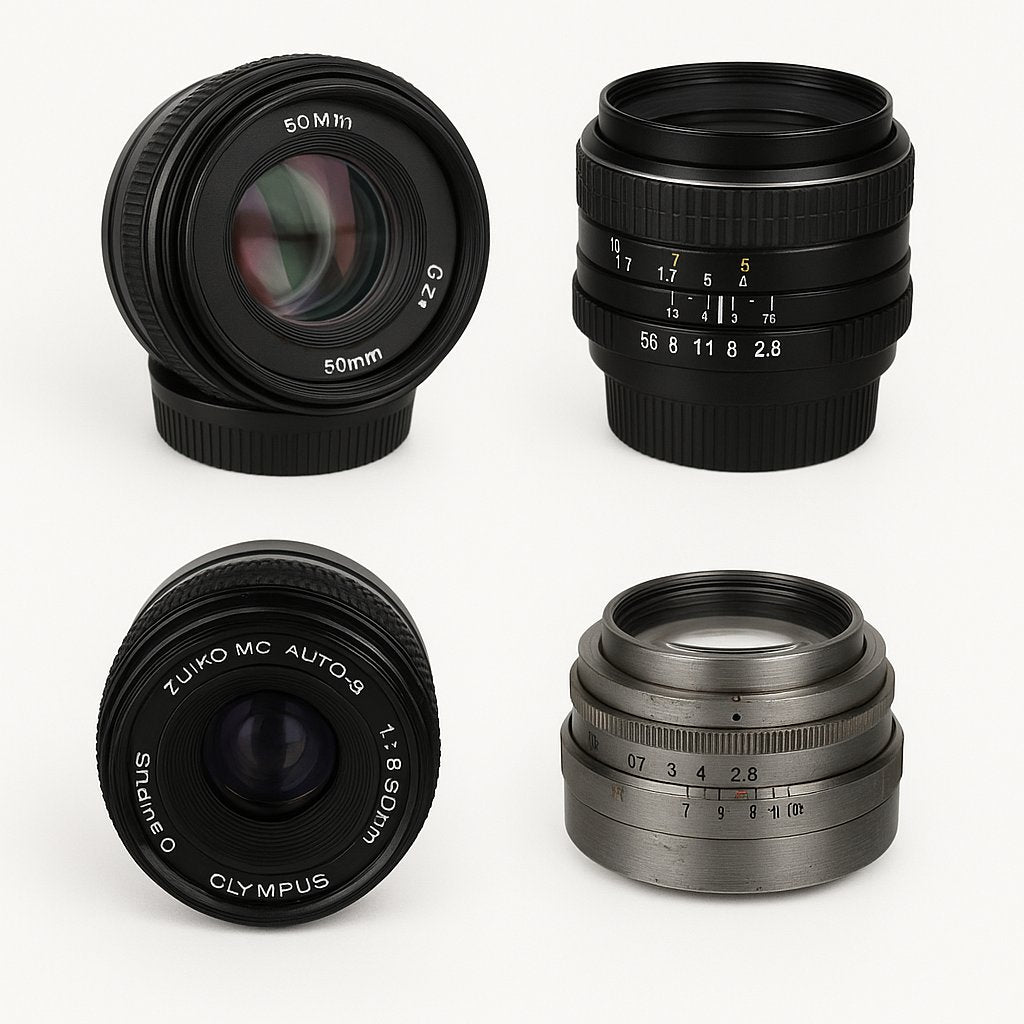
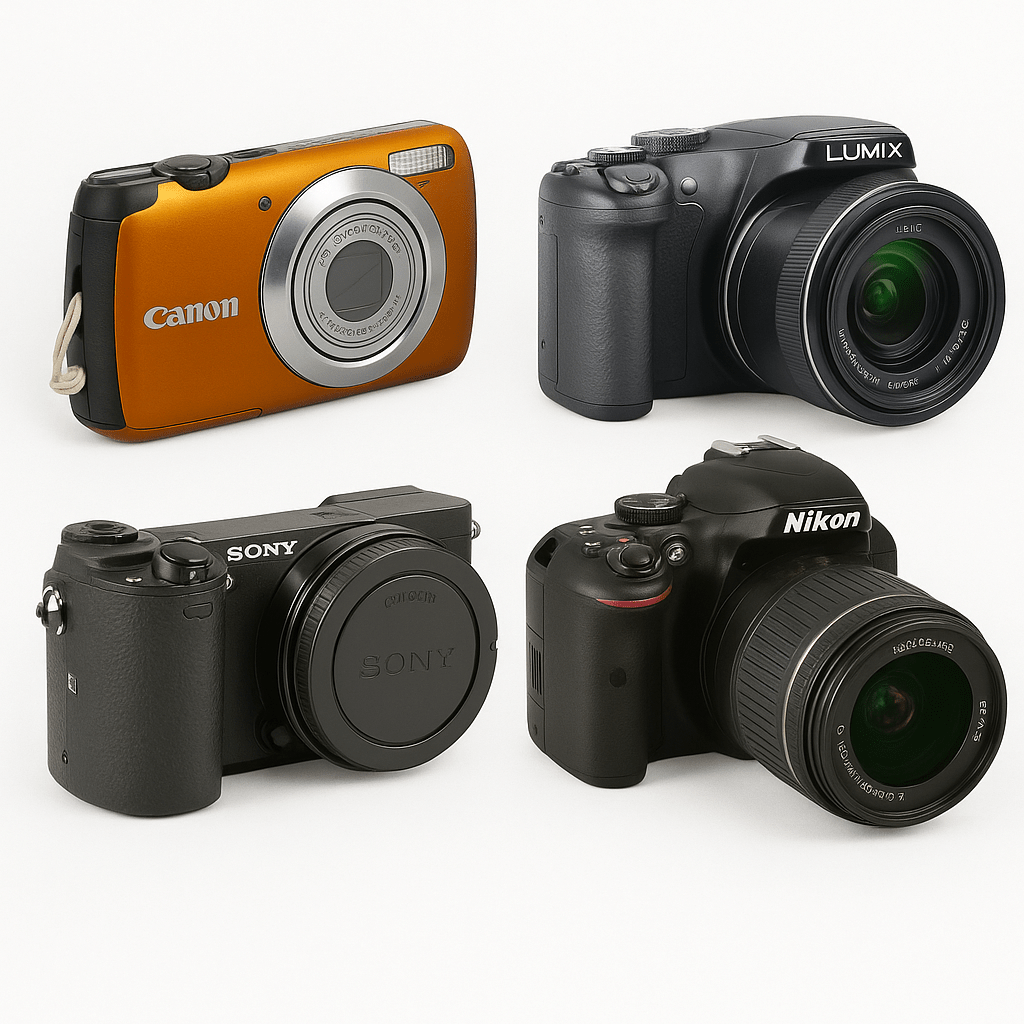


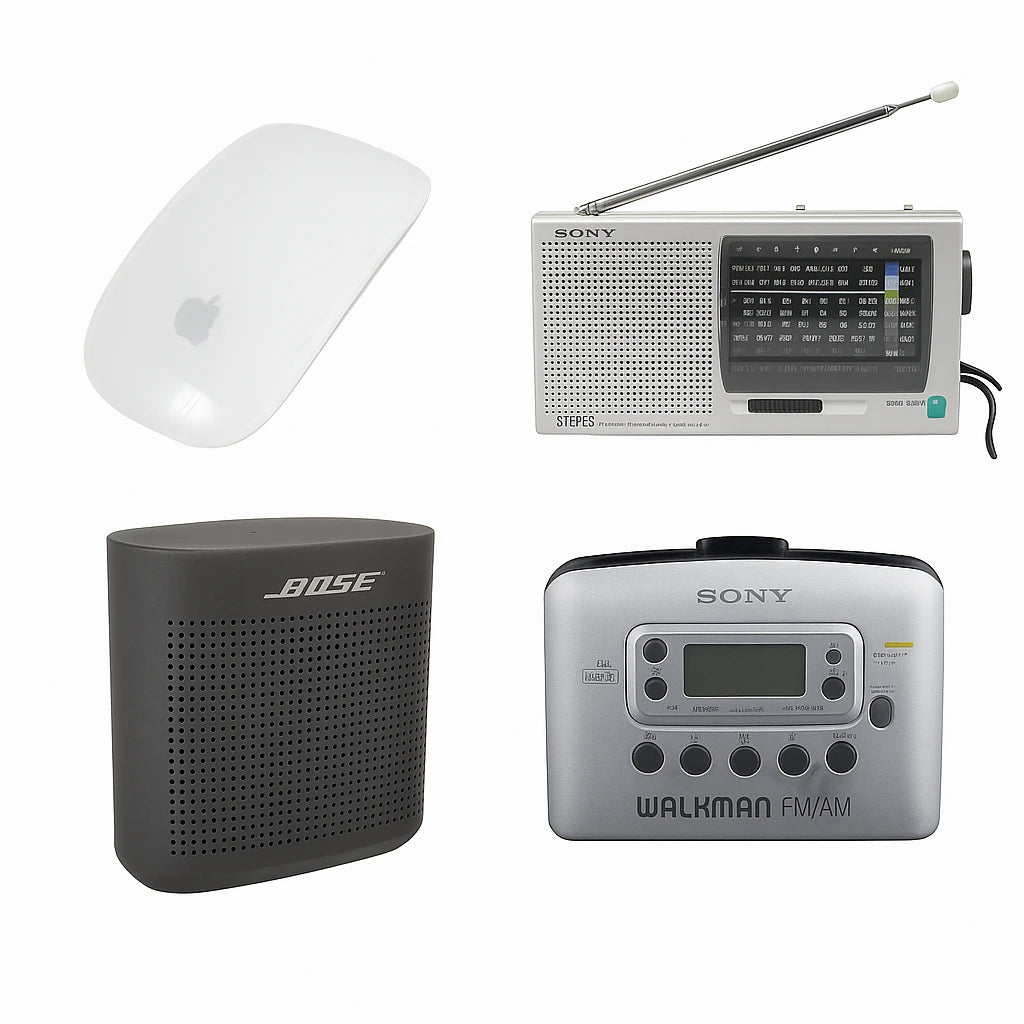
0 comments